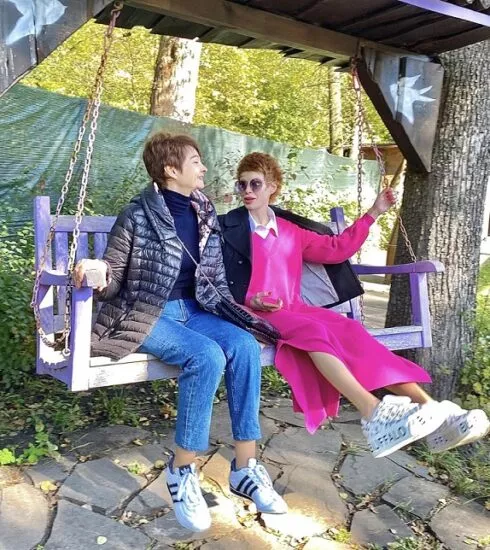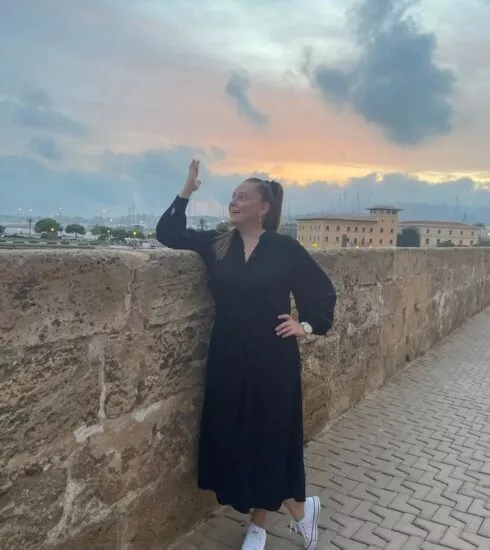1+1 TV presenters told us who they are by education
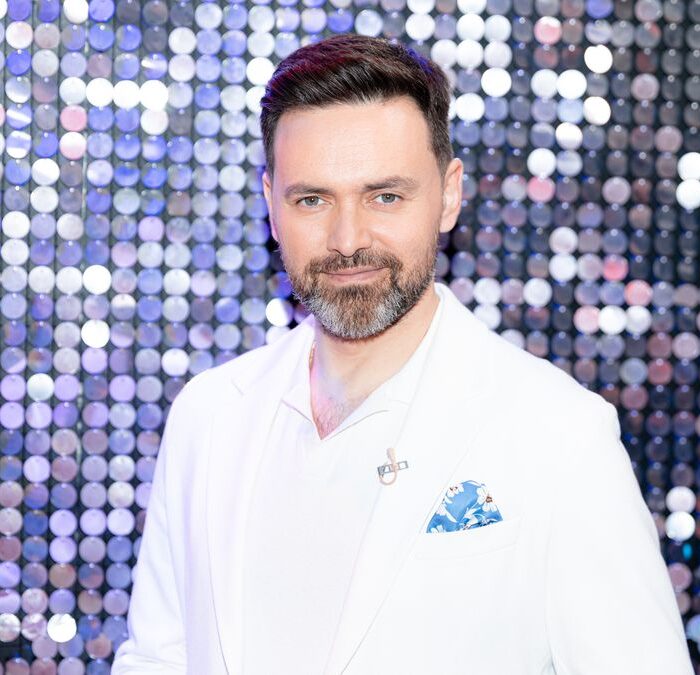 A degree from a university is not a one hundred percent confirmation of the profession you will be practicing for the rest of your life. TSN hosts Solomiya Vitvitska, Svyatoslav Hrynchuk, and Natalia Ostrovska are journalists by training and work in their specialty. But 1+1 TV presenters Yuriy Horbunov, Marichka Padalko, Yegor Gordeev, Nelya Shovkoplias, Vira Kekelia, and Timur Miroshnychenko never dreamed of working on television and chose a completely different professional life for themselves. Which one? Read the exclusive comments of TV stars.
A degree from a university is not a one hundred percent confirmation of the profession you will be practicing for the rest of your life. TSN hosts Solomiya Vitvitska, Svyatoslav Hrynchuk, and Natalia Ostrovska are journalists by training and work in their specialty. But 1+1 TV presenters Yuriy Horbunov, Marichka Padalko, Yegor Gordeev, Nelya Shovkoplias, Vira Kekelia, and Timur Miroshnychenko never dreamed of working on television and chose a completely different professional life for themselves. Which one? Read the exclusive comments of TV stars.
Yury Gorbunov
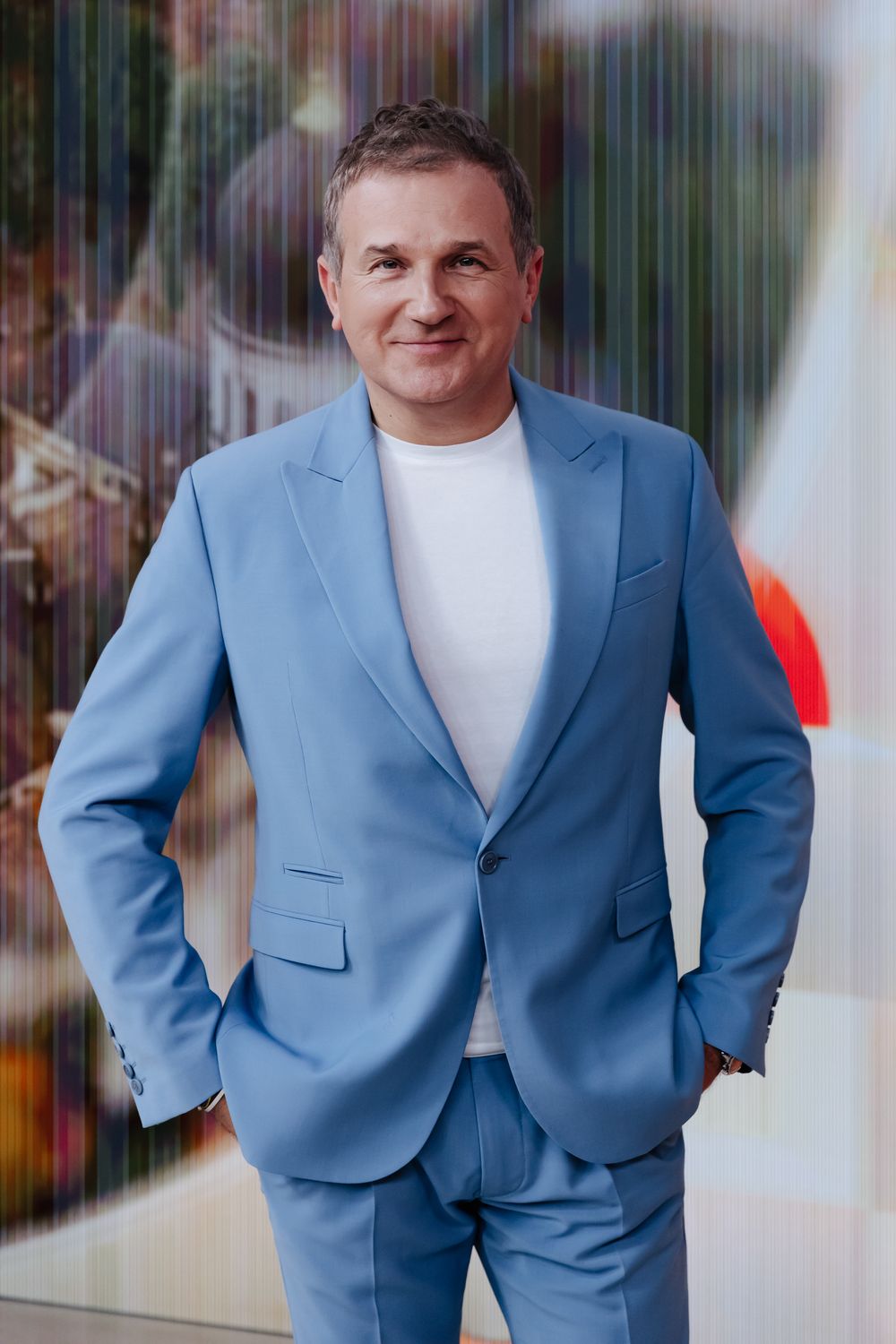
Yury Gorbunov
I graduated from the Karpenko-Kary Kyiv Theater Institute, acting department. This is a random story about why I chose acting. I never dreamed of becoming an artist. Before entering the university, he had never performed on stage, participated in school plays, or played in drama clubs. One day, by chance, my mother read an announcement in the Ivano-Frankivsk newspaper Karpatska Pravda that the drama theater was inviting young people to audition for admission to the theater institute. At that time, I did not enter the Ivano-Frankivsk Pedagogical Institute, so I got a profession of a fuel and oil tanker driver and a driver of three categories.
When I went to the theater, I was told: “Did you look at the date of that newspaper? It’s all gone now. The commission will come now. If you want, come, we need to prepare a song, a fable, prose, a dance.” I played the guitar and accordion, knew some poetry. 200 people came to the audition. Of these, 20 were selected. And then I was told that now I could try to enter a theater institute. When I entered, there was almost no chance of getting a place with 83 people in the competition. But I was prepared. My mom and dad gave me money and told me to go to Kyiv. If you don’t get in, at least you’ll see Kyiv and make new friends. And I got in without this extra burden of worry. He graduated with honors.
Marichka Padalko
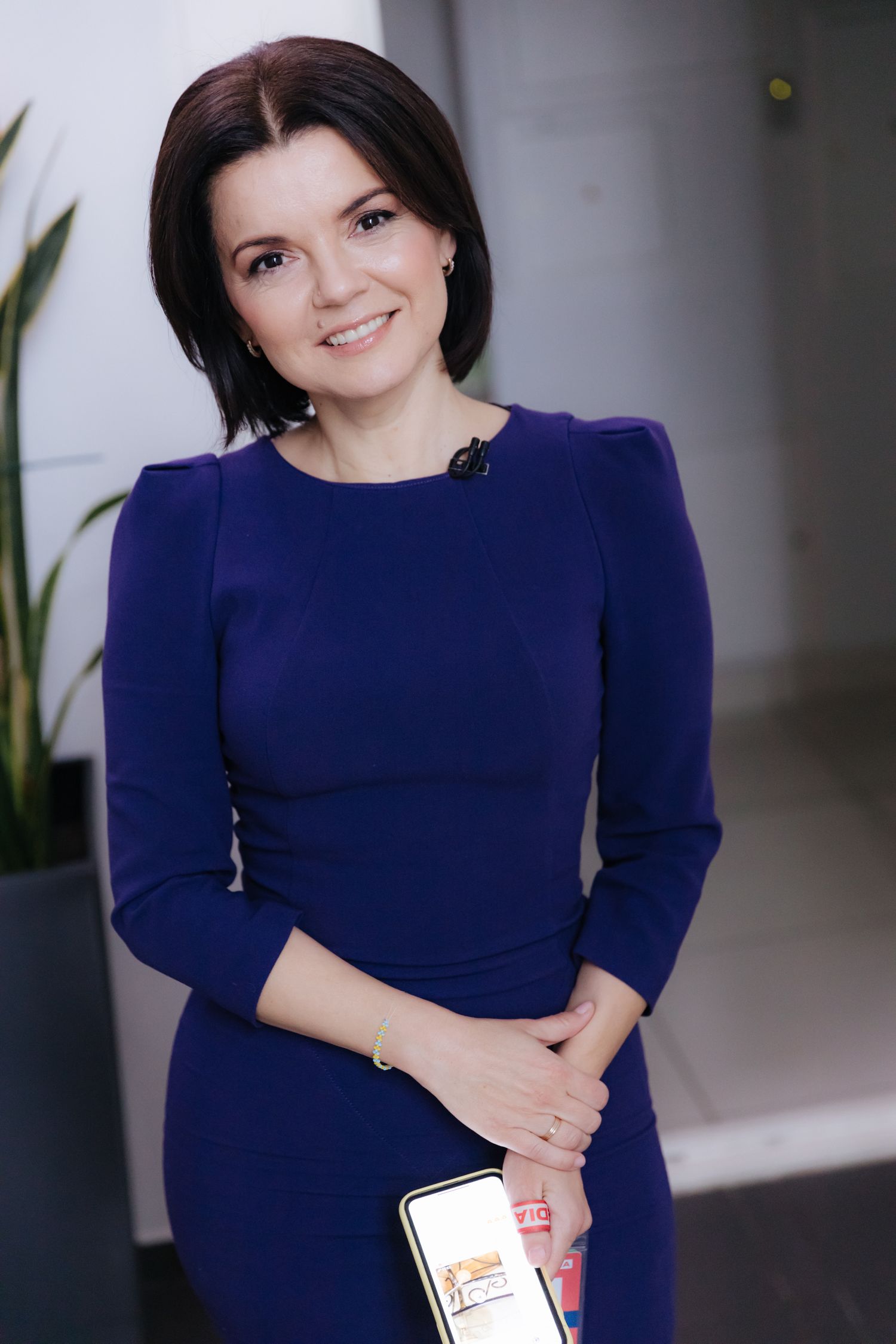
Marichka Padalko
I am an English teacher and translator by training. She worked by profession for several years. She chose journalism when she studied for a year in the United States. I went there as a student of a language university and chose to specialize in communication and journalism. I had experience in teaching, but somehow I didn’t plan to do it in my life at first, and concentrate on translation and language teaching. But at some point, when I was doing a lot of translation and simultaneous interpreting, I realized that I wasn’t interested in translating someone else’s thoughts, but in having my own. That’s how I started to be drawn to it and, in fact, I’ve been working in television since 1999.
And speaking of the translation profession, it has always been with me. Perhaps it was thanks to this profession that I got into television, because at that time it gave me the advantage that the editorial staff needed-a person who was fluent in English. At that time, I was already advanced in computers, which had just begun to appear on television. And she always pushed me further as a journalist, as a presenter. Especially in the last year, when I worked with foreign media even more, I think, than with Ukrainian ones.
Vira Kekelia
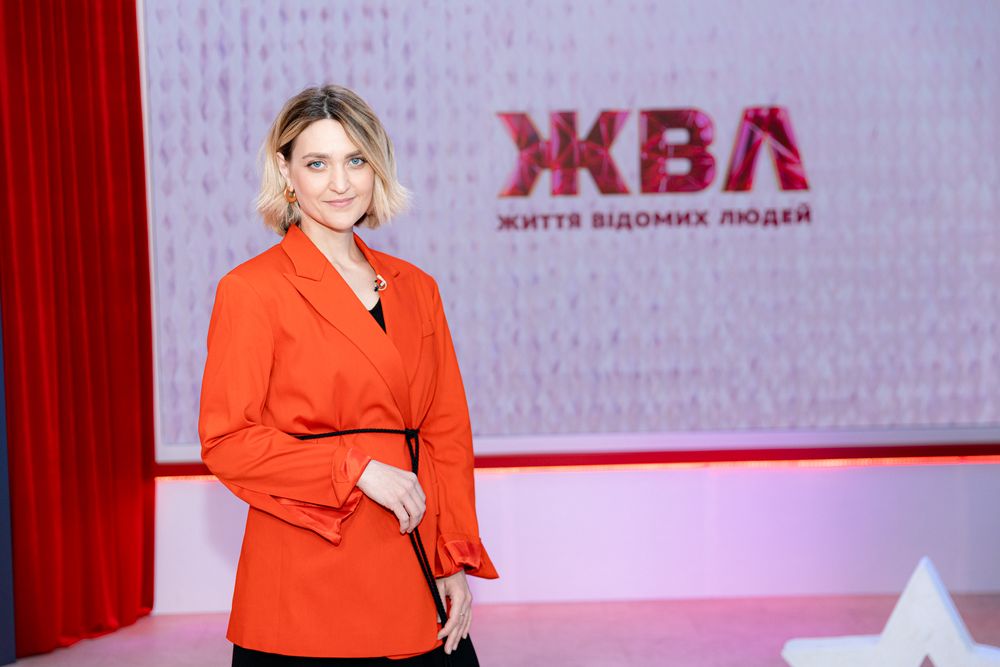
Vira Kekelia
I am a financier by profession. She graduated from Kharkiv Humanitarian University. It was not my choice, but my parents’, because I did not want to be a financier. My mother thought that this profession would provide for me. There was no question of me becoming a professional singer. Once my mother took me to the subway and pointed to a violinist who was standing there playing and said: “Do you want to make a living like that too?” I was a little scared and decided that it was better to listen to my mother. I thought, just in case, I’ll have a profession in finance, and no one forbids me to play music at the same time.
She did not work by profession, but did an internship in the marketing department of a printing company. I can’t say that I didn’t like it there, but I realized then that I didn’t want to work in an office from 9 am to 6 pm.
So my profession didn’t come in handy later in life, although for a while I managed the budget of my family with my husband, until Roma realized that I was a disaster (laughs). So I took this responsibility upon myself. Although at first I asked him, “Romchik, let’s do some planning, and at the end of the month we’ll give you reports,” now I’m angry with him for it.
Yegor Gordeev
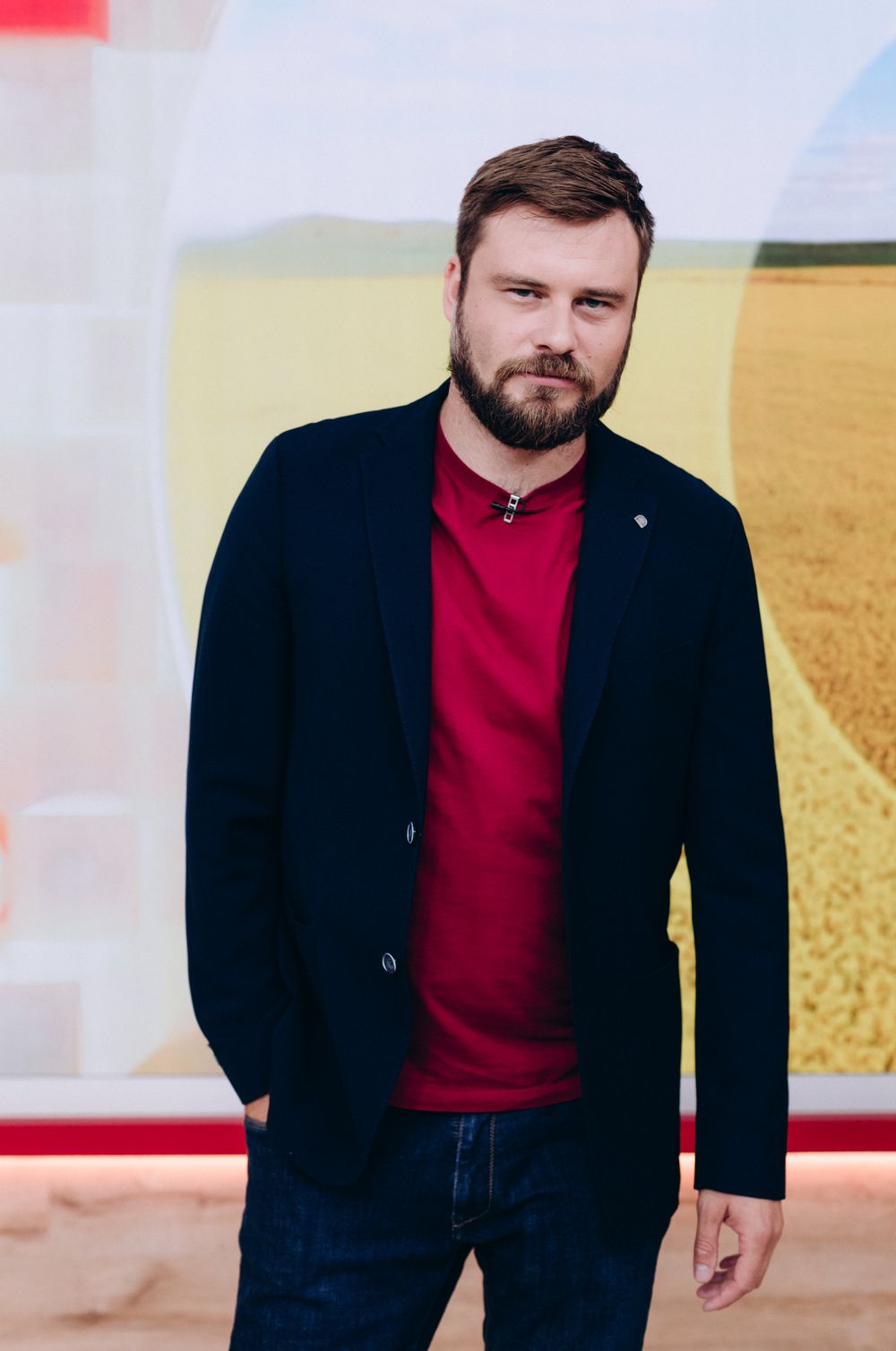
Yegor Gordeev
I am a philosopher by training. Master of Philosophy and lecturer in socio-political and philosophical disciplines. When I chose my profession, I was 16 years old. At this age, a person knows more about what they don’t want than what they do want. So I chose based on the principle of what I definitely didn’t want, but what I was interested in exploring. And then I’ll have time, I thought, and then I’ll figure out what I’m going to do with my life.
In fact, that’s exactly what happened. My profession came in handy in my life. As a philosopher, I would say that we are heading for some kind of great return, heading for enlightenment, one way or another. All these stories with clear segmentations of the profession are gradually coming to naught. Because the world is changing so fast that a clear segmentation of professions is irrelevant. A person does not have time to get a crust. In today’s world, they need a system of skills, knowledge, and abilities to research information and adapt themselves. I think we are now rapidly moving into this period of time. And my philosophical education gave me all this. I was taught to think, speak, listen, and analyze. I was provided with mechanisms.
Nelya Shovkoplyas
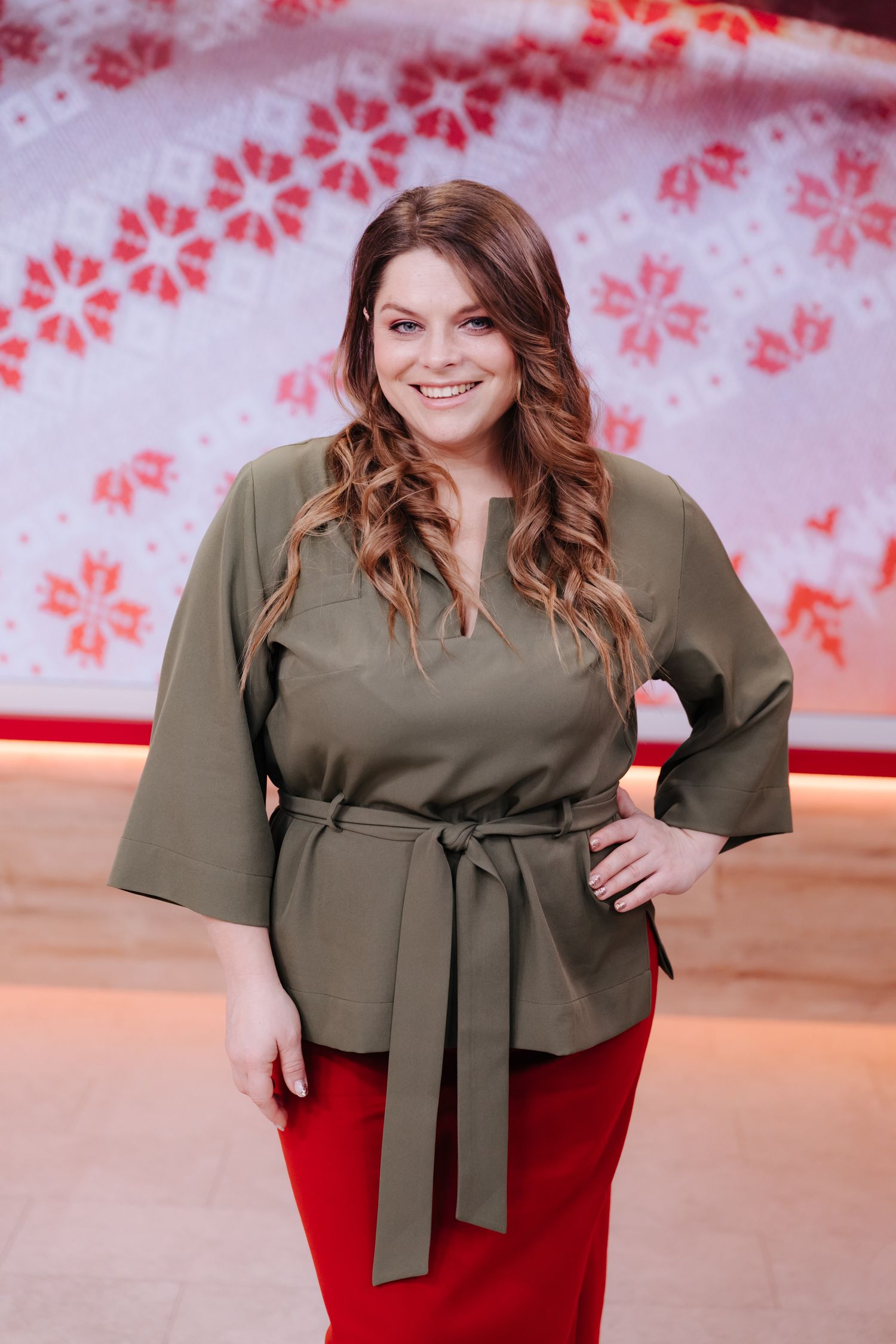
Nelya Shovkoplyas
I am a marketing economist by education, graduated from Kharkiv National University of Economics. She hasn’t worked by profession at all, but she has been working since her 2nd year. I can say that my university years were a certain school of life that prepared me for what I want to do in the future. Now we joke that the first education is to understand who you don’t want to be in life. So in my case, it’s probably something like this. I love my university very much, I’m glad that I had such university years. Somewhere deep down, I realized that this was probably not my choice anymore, but my parents’. I was not interested. At one time I planned to enter the Academy of Culture to direct pop and mass events, but I didn’t get in and went to study marketing. But as life has shown, I was drawn to the creative sphere anyway. It gave me an invaluable experience of my university years, my first few jobs, some kind of formation, communication, and it’s cool.
Timur Miroshnychenko

I have two degrees: the first is in psychology. I studied it at the National Aviation University. In fact, I have never officially worked as a practicing psychologist for a single day, because I started working on television in my 4th year of study. But I started my career as a TV presenter even before I received my bachelor’s degree. However, practical psychology is important, and psychological education will be useful to absolutely everyone. Maybe not in the amount of five years, as I did, but it takes much more time than is taught in non-core universities. Even in high school, psychology should already be taught. It helps to better understand yourself, the people around you, and to establish communication.
And my second degree is in audiovisual art. And I got it when I had been working on television for many years to officially confirm that I could do it. Although, when I received my master’s degree, I was teaching both courses and at other universities at the time.
Photo: press service



